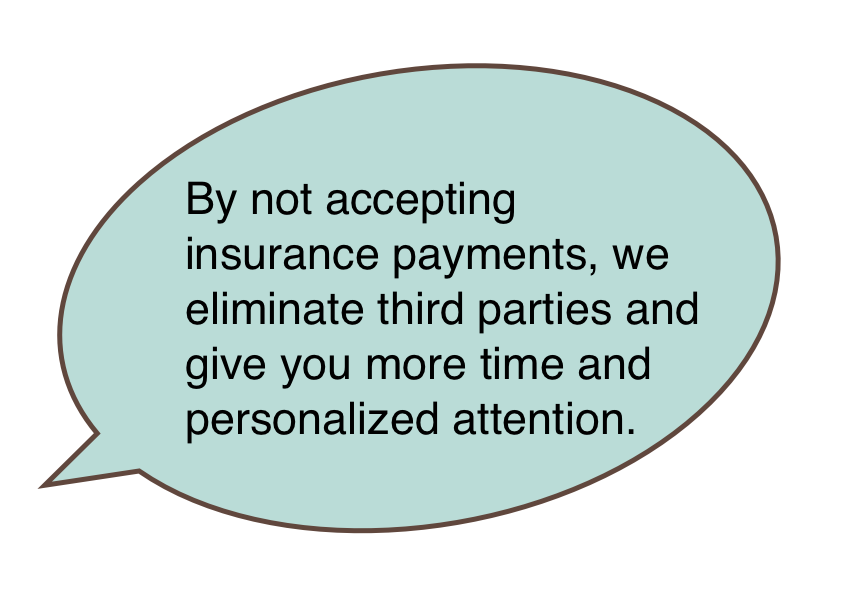
As a Direct Primary Care (DPC) practitioner, I could also write about the opposite – how traditional insurance spoiled a patient-first approach to primary care, shifting healthcare practice from a personalized model to a model focused on profit.
Both are true – and that whole issue is why I decided to practice DPC.
I strongly believe that your health does not concern third parties. Decisions concerning your primary care should be taken exclusively by you and your doctor. But I saw that when traditional insurance began to play a bigger role and come between you, primary and preventive health care became less personal while prices increased for you.
The consequence of this structure is that more and more people start avoiding going to the doctor, ignoring health maintenance until they have symptoms. And that can be too late.
As a DPC doctor, I want to avoid that. When I started practicing medicine, my motivation and purpose were to provide people with personalized and attentive care to prevent diseases and avoid hospitalizations.
And the best way to make that happen is by knowing you. However, building this relationship implies regularly seeing you and taking the time to understand your lifestyle, your health history, and everything else I need to help you reduce the possibility of getting sick. I don’t want traditional insurance to get in the way of that process.
Why DPC is the Best Way
I believe Direct Primary Care is the best way to practice patient-first medicine. By not accepting insurance payments, we eliminate third parties and give you more time and personalized attention. This means treating you and your family when needed, never rushing through appointments, and providing an affordable route to excellent primary health care.
This is the most critical distinction of DPC – it’s based on a direct, personal relationship between you and your doctor.
How Does DPC Work Without Accepting Insurance Payments?
DPC charges an affordable and fixed monthly membership fee that you pay directly to your practice and which grants you access to several routine services, including:
- annual check-ups
- physicals
- wellness visits
- treatment of common injuries and illnesses
- care coordination and specialist referrals
That’s in addition to unlimited office and telehealth appointments, adult and pediatric wellness visits, and discounted lab pricing.
You can see our membership options here! But I also want to mention Sedera.
SEDERA: a Fair Alternative to Insurance
Now you might be asking yourself if it’s still worth having insurance. And the answer is yes. I’m not advocating against insurance. I just believe it should be used for the original purpose: emergencies.
DPC covers primary and preventative care but does not cover surgeries, hospitalization, or appointments with specialists.
However, not everyone can afford traditional medical insurance, so I partnered with Sedera.
Sedera is not an insurance company but a medical cost-sharing service for primary care providers and their patients. It’s made up of community members who share the cost of each other’s medical expenses through an affordable monthly membership fee. The fee covers both administrative costs and any medical expenses of the members – a win-win alternative to traditional health insurance.
Do you want to learn more about DPC and Sedera?
Come and visit me. Schedule a consultation at Primary Care Simplified, and I’ll take the time to know you and your family and answer all your questions.

